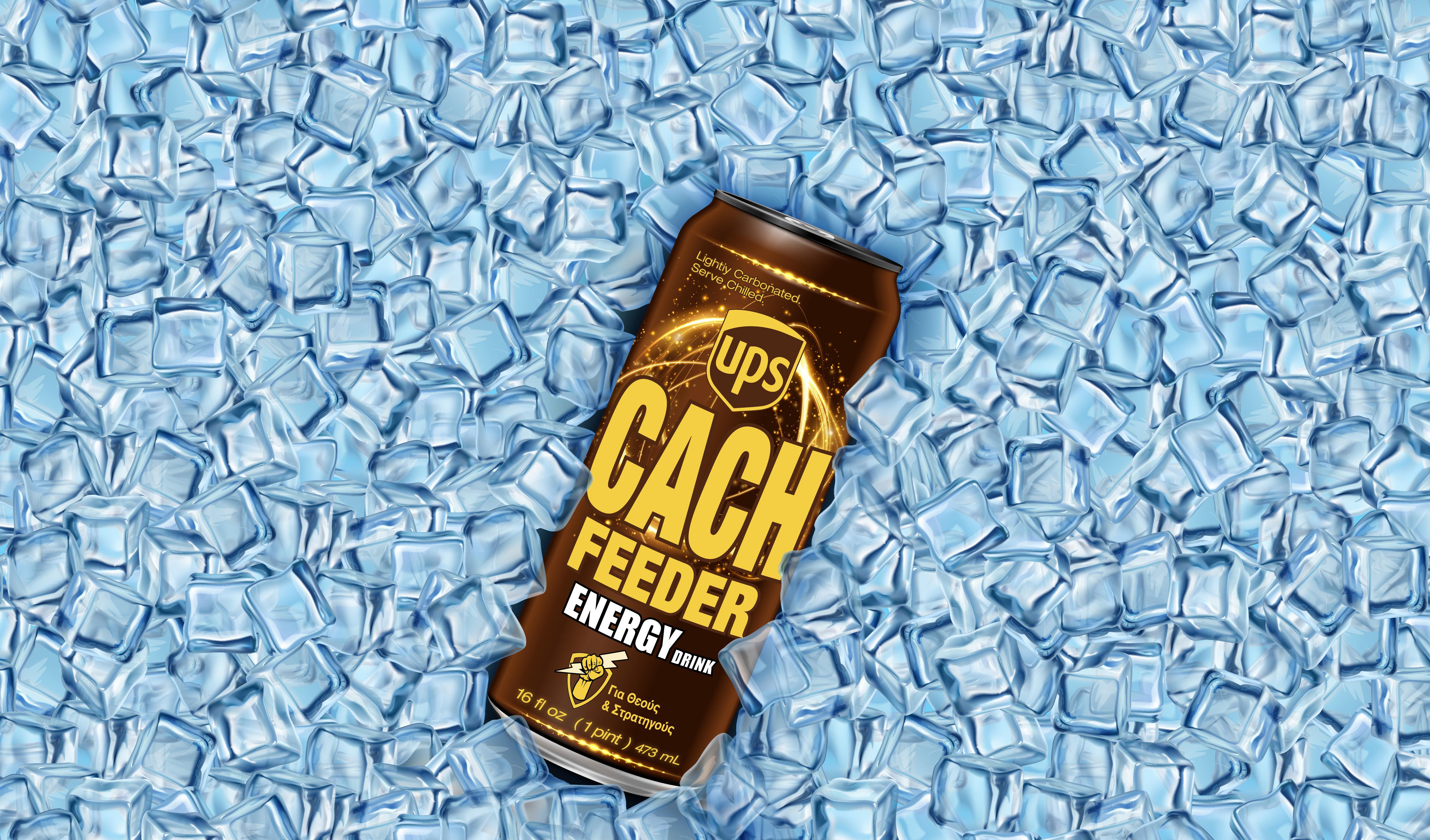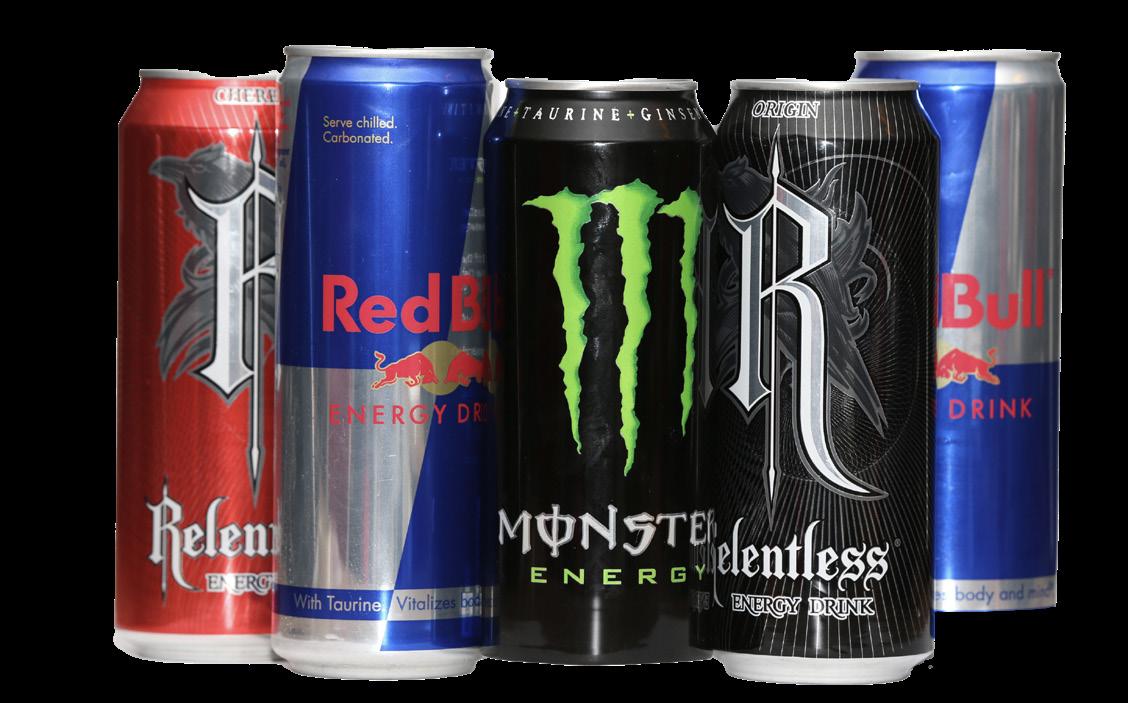
1 minute read
GET THE FACTS
ENERGY DRINK INGREDIENTS DON’T ACTUALLY GIVE YOU ENERGY
They may be called energy drinks, but the truth is that their main ingredients (taurine, L-carnitine and glucuronolactone) don’t provide a genuine energy boost at all. “Taurine and L-carnitine are amino acids involved in energy metabolism and are naturally found in muscle and organ tissue,” Cohn explains. “They are used in energy products but do little to boost energy. Glucuronolactone is often said to increase energy because of its supposed impact on energy metabolism, but it has no real effect on energy levels either.” The perceived energy boost likely comes from sugar (glucose is a major energy source) but it doesn’t last long before the crash comes. And the adverse effects of high sugar content don’t stop there. An energy drink typically contains about 13 teaspoons of sugar per serving—more than double the World Health Organization’s recommended daily limit of 6 teaspoons of added sugar per day. “Over time, this amount of simple sugar exposure contributes to obesity and insulin resistance,” says Warren. “Studies also show that energy products cause complications for those with heart conditions and high blood pressure. In the end, what we know and do not know about the effects of energy products is enough to skip drinking them.” (Here’s how to kick your sugar addiction.)
Advertisement

Energy Drinks May Cause Headaches And Mood Swings

Guarana, another common energy drink ingredient, may be a plant, but that doesn’t mean it’s good for you. It’s high in caffeine, even more so per serving than coffee. “Guarana stimulates the central nervous system,” explains Cohn. “This provides a feeling of energy boost and mental clarity, and can reduce appetite. However, it can also cause adverse energy drink side effects such as headaches, insomnia, nervousness, and mood swings; it can be dangerous when combined with prescription medication; and it can cause various side effects, from cardiac and digestive problems to impaired judgement and decision-making.” The real danger of guarana is that it’s not listed as an additional source of caffeine on ingredient lists. “Some young adults have reported being sent to the emergency room because of overdoses of caffeine in the form of guarana-based drinks,” warns Warren.
The FDA notes that rapidly consuming 1,200 mg of caffeine or more can cause seizures and may even be potentially life threatening. An even bigger risk than energy drinks are pure-caffeine dietary supplements that are sold in a powder or liquid form. “Pure and highly concentrated caffeine products present a significant public health threat and have contributed to at least two deaths in the United States in the last few years, the FDA says.






